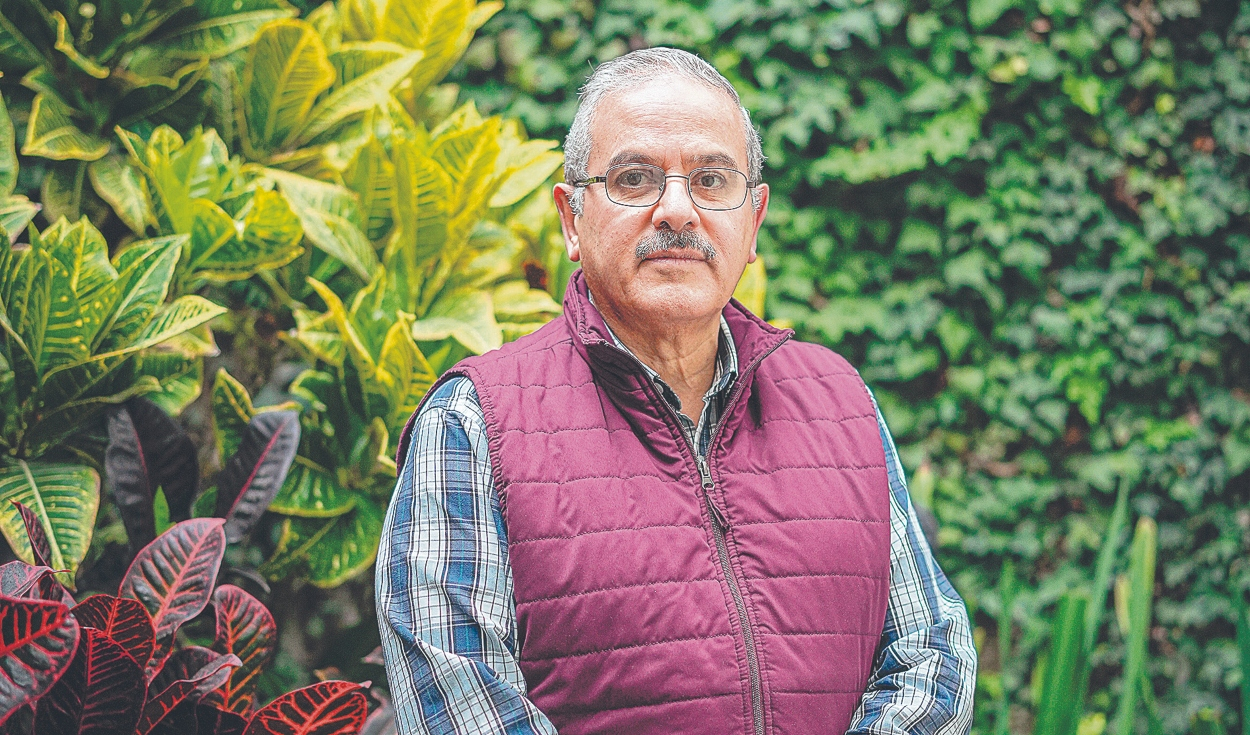
—Do you agree that there is a loss of technical management of the economy?
—It is a sterile and banal discussion. We must abandon those antagonistic visions; Likewise, overcome the fiscal dominance that existed until the beginning of the nineties and the monetary dominance that followed later. The BCRP should worry not only about inflation but also about employment like the US FED. BCRP and MEF must coordinate, work together, respecting their autonomy, in order to contain inflation, GDP and the generation of decent employment.
—Is this the most empowered Congress?
—There is no doubt that politics with a “little p” damages the economy, but beyond that there are serious problems in our current economic model. It is clear to me that we cannot repeat the same old thing from recent decades, going down the path of suicidal proposals from ultra sectors, or the rampant populacherism of some.
—According to the rating agencies and the IMF and WB, political instability limits the recovery.
-Unfortunately, We have to live with the risk rating agencies, but their performance in the international financial crisis was regrettable. I wonder if they know about macro, microeconomics and intermediate policies. Indeed, we are in a political crisis, now a polycrisis, which detonated with the Fujimorist outbursts, but when have we not been in crisis? We also need true national entrepreneurs, like some we had many decades ago, not financiers or rentiers with a short-term outlook.
—Short-term financiers and rentiers?
—Entrepreneurs who create and sell companies quickly, reducing consumer surplus, generating extranormal profits.
—Do you have the strength to attract investments?
—Private investment is important, but it is not everything. In 2023 it was 17.9% of GDP equivalent to the average between 1950-2023. This amount was higher than what was observed in the 90s and between 2000 and 2007. More than a problem of magnitude, what is promoted generates few productive chains of production and employment; It is a capital intensive investment.
—Employment remains precarious…
—According to the permanent employment survey at the national level between the first quarter of 2024 compared to the first quarter of 2023, there are 168,000 inactive and 174,000 additional unemployed. Likewise, formal use of the electronic payroll fell 0.4% in the same period. There are projections of an annual growth of informal and independent workers of 400,000 annually. Not to mention the growth of poverty and high inequality.
—And the bad result of the GDP…
—We must abandon that Manichean position that there is only one model to grow and develop. There are alternatives.
—What would be the strategy?
—We don’t have to invent gunpowder. Since 2020, the United Nations ECLAC has proposed the so-called Transformative Recovery, which addresses the emergencies of the present and simultaneous work against the external and internal challenges of the medium and long term. We must abandon that short-term vision.
-These are?
—Without mentioning here the problems of criminal and illegal economies, informality and institutional politics, there are six key words: diversification and productive chains; ecological transition; reduce high inequality; tax reform with an increase in pressure by five percentage points of GDP; decent employment and truly socially responsible companies that create shared value.
—What would the tax reform bring?
—We have a tax pressure of 19.2%, but all our neighbors beat us with an average of 24.3%, which means 5.1 percentage points less or US$17.5 billion that we stopped collecting. There is tax space on the side of extractive activities, inheritance or wealth taxes, selective consumption taxes, environmental taxes and adjustment in the marginal income tax rate according to the parameters of the United States and other countries; without talking about the fundraising actions. Regarding its benefits, we need to improve both the level of collection and the quality of public spending.
—A third of Peruvians are poor. Where to turn?
—This requires an active fiscal policy and adjustments to the economic model. Universal policies on food, health, education and decent housing are basic, and on the other hand, anti-poverty policies that must be carried out by a decentralized public organization that integrates all multisectoral social support programs. I suggest a trans five-year structure with a plural government board that incorporates the different levels of government and Civil Society.
—They are seeking to merge the regulators. Is it suitable?
—Regulatory bodies are very important, but they should not be sacralized. I have collaborated with one of them. Just as an example, we have that residential domestic electricity rates in Lima are between 25 and 30% more expensive than the average in the United States, when here they have subsidized natural gas. I would not mind their merger strictly respecting their technical specialties, autonomy, and with an emphasis in favor of users as in the US and not taking equal care of the providing companies and the State. There is a lot to improve in the technical field.
Source: Larepublica
Alia is a professional author and journalist, working at 247 news agency. She writes on various topics from economy news to general interest pieces, providing readers with relevant and informative content. With years of experience, she brings a unique perspective and in-depth analysis to her work.












